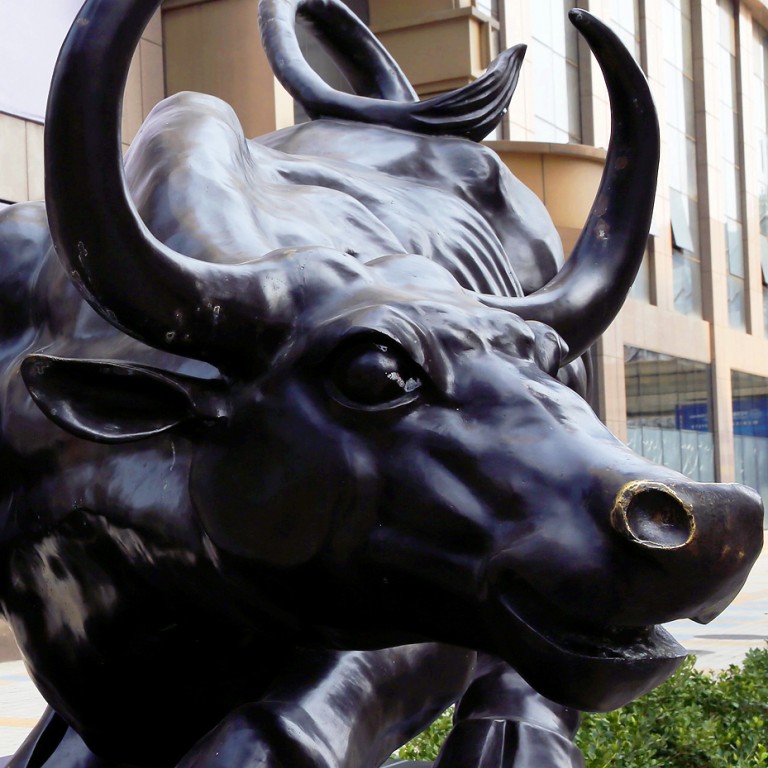
China's market volatility 'likely to delay full yuan convertibility', say analysts
Recent A-share market volatility means Beijing is likely to delay its plan to allow the yuan to be exchanged for foreign currency without any limits, analysts say.
The turmoil, which saw the benchmark Shanghai Composite Index fall more than 30 per cent in 18 trading days despite a slew of market-supporting policies, will likely trigger a review of China's drive to open the capital account to overseas investment.
A nation's capital account shows the net result of public and private global investments flowing in and out. Because of their potential destabilising effects on an economy, many nations, such as China, regulate capital account flows. When a capital account is fully opened, a nation imposes no restrictions on cross-border investments.
China had vowed to push on with the yuan's convertibility under the capital account - aiming for a breakthrough this year when the International Monetary Fund reviews whether the currency meets criteria for inclusion in the Special Drawing Rights basket, currently made up of dollars, yen, pounds and euros.
However, the central government was likely to "take a more cautious approach" given that too rapid-an-opening might further amplify domestic stock market fluctuations, especially given the fragile fundamentals and flawed regulations, economists at UBS Securities said.
As China pursues a bigger role in the global economic and financial arena, the trade-off of opening its capital account is greater exposure to international market fluctuations that leaves the government with less control over its domestic market.
"Capital account convertibility should not speed up until more progress has been made in domestic state-owned-enterprise [SOE] and financial-sector reforms," the UBS economists said in a research note.
In July last year, the State-owned Assets Supervision and Administration Commission launched a pilot scheme of reforms to improve the efficiency of SOEs, which dominate the A-share market in capitalisation.
One key innovation was the mixed ownership with private investors. Results have left many economists pessimistic about the co-existence of state and private investors. But regulators allowed changes such as margin-trading and short-selling.
"Financial innovations have created some new risks, which investors and regulators are not fully aware of," said Tao Dong, an economist at Credit Suisse.
China's A-share market - offering access to qualified foreign institutional investors under the Shanghai-Hong Kong connect scheme, as well as mainland investors - had surged by about 150 per cent since last July, reaching a peak 5,178 on June 12 before its downward slide began.
The year-long rally was boosted by margin financing that bet on China's reform prospects, despite a sluggish outlook for economic growth and company earnings. The market crashed later on stretched valuations and was fuelled by the unwinding of margin positions. Foreign investors were blamed by some mainland academics as big sellers behind the rout, but the accusation was not backed up by data.
"If Beijing's measures to calm investors fail to save the market, it's possible the central government will postpone the capital account opening," said Chen Xingyu, an analyst at Philip Securities.
Yet Zhao Xijun, a finance professor at Renmin University, said China should not change the capital account opening's timetable, especially when there was no evidence foreign investors had plotted the market rout.

